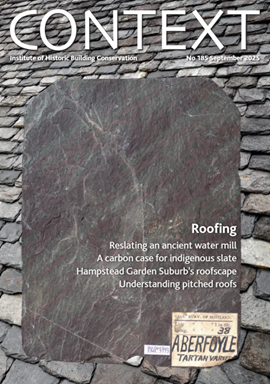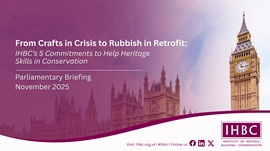Revocation of planning permission
This article describes the circumstances in which local authorities, the Secretary of State and devolved Government Ministers can revoke planning permission.
Powers to revoke planning permission are very rarely used. Where they are used they are often uncontentious and unopposed. Since 2009, only 3 revocation orders issued under section 97 of the Town and Planning Act 1990 have been submitted to the Secretary of State for confirmation.
The laws in each of the UK countries are very similar to each other. They all allow councils to revoke or modify a planning consent 'to such extent as they consider expedient' with regard to the Development Plan and other material considerations. The powers can only be used before the development, or the change of use given permission for, is complete.
The local authority is liable to pay compensation for abortive expenditure and for any other loss or damage directly attributable to the revocation. If the revocation orders are opposed then they must be confirmed by either the Secretary of State in England and Wales, Scottish Ministers in Scotland or the Department of Environment in Northern Ireland.
In England and Wales, the power to revoke planning permission stems from section 97 of the Town and Country Planning Act 1990. The rules relating to compensation stem from section 107 of the 1990 Act. The Secretary of State also has the power revoke planning permission under section 100 of the 1990 Act.
If this is done the liability to pay compensation still falls on the local planning authority as though it had made the revocation order. There is a right to challenge an order confirmed by the Secretary of State in the High Court within six weeks of it being made.
The law in Scotland stems from section 65 of the Town and Country Planning (Scotland) Act 1997. Under section 66 of the 1997 Act, if the revocation order is opposed then it must be confirmed by Scottish Ministers. Scottish Ministers also have powers to make a revocation order if they consider it 'expedient' to do so. Compensation if planning permission is revoked or modified is set out in section 76 of the 1997 Act.
In Northern Ireland, the law allowing a council to make a revocation order is contained in section 68 of the Planning Act (Northern Ireland) 2011.
The Department of Environment also has powers, under section 72 of the 2011 Act to serve a revocation order itself. The right to compensation where a revocation order is made is set out in section 179 of the 2011 Act. It makes reference to the relevant provisions in the Land Development Values (Compensation) Act (Northern Ireland) 1965, as amended. The main provisions are in section 26 of the 1965 Act.
[edit] Find out more
[edit] Related articles on Designing Buildings Wiki
- Housing and Planning Bill 2015.
- National planning policy framework.
- Placemaking.
- Planning permission.
- Planning appeal.
- Detailed planning application.
- Public project: planning permission.
[edit] External references
- The Commons Library briefing paper on the 'Revocation of planning permission'.
IHBC NewsBlog
Latest IHBC Issue of Context features Roofing
Articles range from slate to pitched roofs, and carbon impact to solar generation to roofscapes.
Three reasons not to demolish Edinburgh’s Argyle House
Should 'Edinburgh's ugliest building' be saved?
IHBC’s 2025 Parliamentary Briefing...from Crafts in Crisis to Rubbish Retrofit
IHBC launches research-led ‘5 Commitments to Help Heritage Skills in Conservation’
How RDSAP 10.2 impacts EPC assessments in traditional buildings
Energy performance certificates (EPCs) tell us how energy efficient our buildings are, but the way these certificates are generated has changed.
700-year-old church tower suspended 45ft
The London church is part of a 'never seen before feat of engineering'.
The historic Old War Office (OWO) has undergone a remarkable transformation
The Grade II* listed neo-Baroque landmark in central London is an example of adaptive reuse in architecture, where heritage meets modern sophistication.
West Midlands Heritage Careers Fair 2025
Join the West Midlands Historic Buildings Trust on 13 October 2025, from 10.00am.
Former carpark and shopping centre to be transformed into new homes
Transformation to be a UK first.
Canada is losing its churches…
Can communities afford to let that happen?
131 derelict buildings recorded in Dublin city
It has increased 80% in the past four years.














